Why Gum Health Matters
You might have noticed the numbers assigned to your teeth during dental cleanings and exams. These periodontal check numbers, ranging from 1 to 7, measure the depth of the gum pocket in millimeters. Aiming for low numbers (1 to 3) is ideal. But if you're hearing higher numbers, it's crucial to act fast to improve your gum health and prevent advanced periodontitis. Neglecting gum health can lead to various complications like red and inflamed gums with pus, increased chewing pain, severe bad breath, and an increased risk of heart disease. However, by adopting effective oral health habits, you can avoid these issues and maintain optimal gum health.
The Best Ways to Improve Gum Health
#1 – Brush Your Teeth Well: Regular and proper tooth brushing is key. Brush twice a day for two minutes each time, focusing on each quadrant for 30 seconds. Hold your toothbrush at a 45-degree angle against your teeth and gums. Electric toothbrushes can be highly beneficial for better gum health and reducing plaque and gingivitis, saving you money in the long run on dental visits and treatments.
#2 – Use Fluoride Toothpaste: Fluoride is a powerful ally against bacteria and tooth decay. Daily use of fluoride toothpaste protects and cleans your teeth and gums and strengthens tooth enamel.
#3 – Floss Regularly: Incorporate daily flossing into your routine. It helps remove food particles and plaque that your toothbrush can't reach, protecting your gums from gum disease.
#4 – Rinse Your Teeth With an Antibacterial Mouthwash: Finish your oral hygiene routine with an antibacterial mouthwash. It helps fight leftover food particles and plaque but isn't a substitute for brushing and flossing. Special mouthwashes for gum health are available, some containing fluoride. Daily use can significantly improve gum health within a few weeks.
#5 – Be More Mindful of What You Are Eating and Drinking: Certain foods and beverages high in sugar and acid can harm your oral health. If consumed, clean your teeth promptly to prevent plaque and bacteria buildup along the gum line.
#6 – Stop Smoking: Smoking is a major contributor to gum disease and weakens your immune system, making it harder to fight infections and heal gum damage.
#7 – Don't Miss Teeth Cleanings and Check-ups: Along with at-home efforts, visit your dentist at least twice a year for check-ups and cleanings. These visits allow for early detection and treatment of oral health issues and professional advice for maintaining gum health.
Start Improving Your Gum Health Now
If you notice gum disease progressing, don't panic. You can take immediate action to treat and reverse it. By following the tips mentioned above, you can proactively enhance your gum health. At Radomile Family Dental Care in Drexel Hill, we are your partners in achieving optimal oral health. We can guide you on the necessary actions and treatments to keep gum disease at bay. Have questions or want to learn more? Contact our office today for assistance.
Oral Hygiene Overview
Proper oral hygiene is essential for healthy teeth and gums. It involves daily brushing, flossing, and regular dentist visits for exams and cleanings. Good oral hygiene not only prevents oral problems like cavities and gum disease but also has links to overall body health. For instance, an infection in the mouth can spread through the bloodstream, causing health concerns like heart disease and stroke. Certain health conditions can affect oral health, and vice versa. Signs of poor oral hygiene include bleeding gums, tooth decay, chronic bad breath, loose teeth, gum recession, mouth sores, toothache, jaw swelling, and gingivostomatitis.
Improving Oral Hygiene
To improve oral hygiene, use fluoride toothpaste and a soft-bristled toothbrush at a 45-degree angle towards the gums. Floss daily to clean the spaces between teeth. Brush your tongue and use antibacterial mouthwash. Routine dental exams and cleanings are crucial, especially if prone to cavities or gum disease. Avoid smoking. The best oral hygiene routine is one you can follow consistently, and your dentist can provide a personalized regimen based on your needs. When shopping for oral health products, look for the ADA Seal of Acceptance. Your dentist can recommend personalized products based on your situation.
Benefits and Risks of Oral Hygiene
Good oral hygiene offers numerous benefits, such as healthier teeth and gums, a beautiful smile, fresher breath, reduced need for dental work, lower risk of heart disease, stroke, diabetes, and oral cancer, and cost savings in the long run. While dentists can repair damaged teeth and treat gum disease, prevention is always better. Regular dental visits help detect and treat problems early.
Dental Visits and When to Seek Help
The American Dental Association recommends having exams and cleanings at intervals specified by your dentist. Many people need cleanings every six months, but those prone to cavities or gum disease may need more frequent visits. Schedule a dental appointment if it's been over six months since your last cleaning or if you have warning signs like tooth pain, bleeding gums, loose teeth, or chronic bad breath. Early treatment eliminates harmful bacteria and boosts overall health.
In summary, maintaining good gum health through proper oral care is of utmost importance. By following the tips and habits mentioned, such as regular brushing, using fluoride toothpaste, flossing, rinsing with antibacterial mouthwash, being mindful of your diet, quitting smoking, and attending regular dental check-ups, you can significantly improve your gum health and prevent the onset and progression of periodontal diseases. This not only leads to a healthier mouth but also has positive implications for your overall well-being. So, take action today and make oral care a priority in your daily routine.
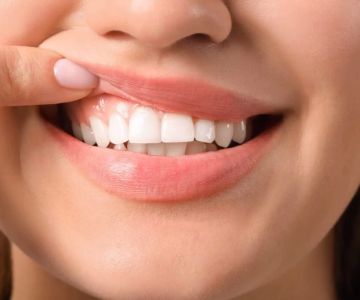
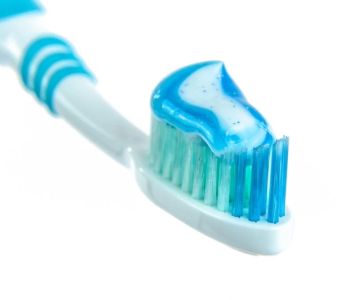
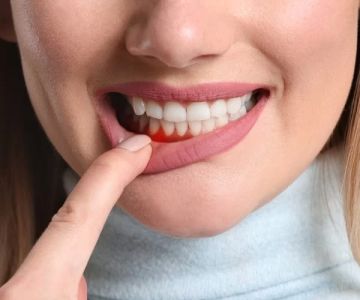
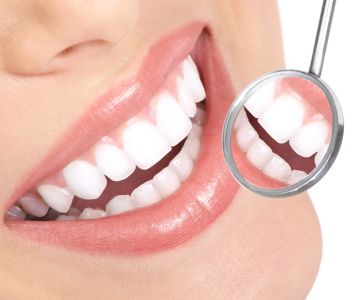

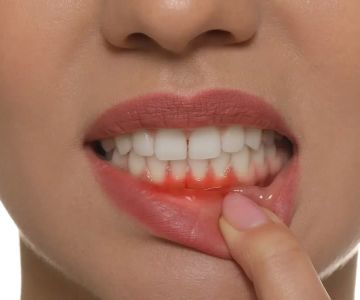
 Westgate Dental Arts3.0 (2 review)
Westgate Dental Arts3.0 (2 review) Coventry Family Dental4.0 (247 review)
Coventry Family Dental4.0 (247 review) Familia Dental3.0 (1028 review)
Familia Dental3.0 (1028 review) Dr. Daniel S. Fife, DDS4.0 (31 review)
Dr. Daniel S. Fife, DDS4.0 (31 review) Dentistry At Suburban Square: Michael I. Wollock, DMD4.0 (1228 review)
Dentistry At Suburban Square: Michael I. Wollock, DMD4.0 (1228 review) Comfort Care Dental4.0 (1156 review)
Comfort Care Dental4.0 (1156 review) The Importance of Oral Health Education During Pregnancy for a Healthy Pregnancy
The Importance of Oral Health Education During Pregnancy for a Healthy Pregnancy Why Skipping Dental Checkups Can Lead to Bigger Oral Health Problems
Why Skipping Dental Checkups Can Lead to Bigger Oral Health Problems Best Tips for Brushing Your Teeth Properly for Healthy Gums: Essential Techniques for Oral Health
Best Tips for Brushing Your Teeth Properly for Healthy Gums: Essential Techniques for Oral Health Advantages of Porcelain Dental Restorations
Advantages of Porcelain Dental Restorations How Can Diabetes Cause Tooth and Gum Problems? Preventing and Managing Oral Health Issues
How Can Diabetes Cause Tooth and Gum Problems? Preventing and Managing Oral Health Issues Healthy Habits for Promoting Good Oral Health and Hygiene: Tips for a Healthy Smile
Healthy Habits for Promoting Good Oral Health and Hygiene: Tips for a Healthy Smile